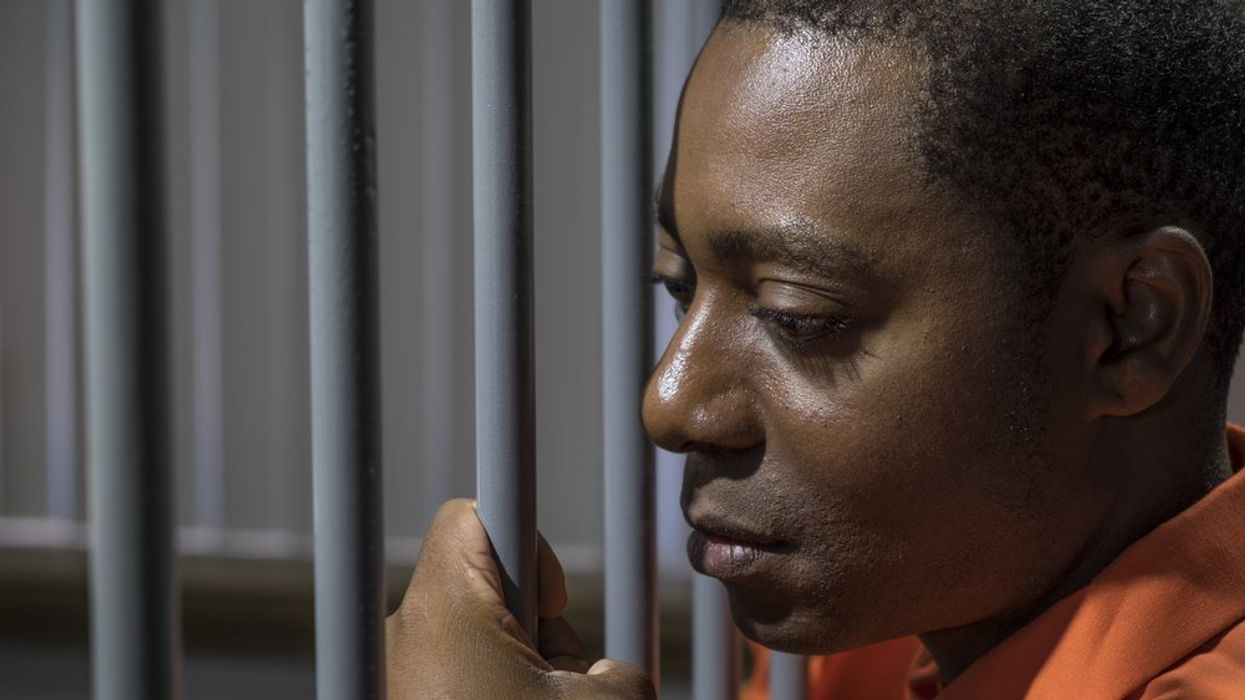In several Republican-led states, legislators are expanding the use of the death penalty at the behest of activists, who say that new laws will disproportionately affect Black Americans.
Tennessee is currently considering a law that would require execution to be carried out within 30 days of sentencing, which would not allow adequate time for appeals. In Florida, the newly-implemented SB450 reduces the number of jurors who must agree to a death sentence from a unanimous twelve to just eight. Another law, SB1342, prevents a judge from reducing a death penalty to life in prison.
Civil rights groups have been pushing back against the legislation and similar proposals in other states, as they note that such laws will disproportionately harm Americans of color, who are already disproportionately impacted by the country's criminal justice system. Jamila Hodge, executive director of Equal Justice USA, believes that such pushes stem from issues that go beyond rising crime rates.
“The rhetoric around race that has really permeated the last probably two or three years where anything that has to do with Black history or understanding the role of institutional racism is being attacked by certain political factions, and these are states where those factions are stronger,” she told The Hill.
According to the American Civil Liberties Union, Black and Brown Americans have accounted for 43 percent of executions since 1976. Non-White Americans currently account for 55 percent of those awaiting execution, with Black Americans accounting for 41 percent. Black Americans alone make up 38 percent of those incarcerated, despite accounting for 13 percent of the population.
“If the death penalty is reinstated, or if we start seeing it applied more, we can expect it’s going to be applied in a disproportionate way and that those are the same racial disparities that we have seen over years,” Hodge said. “My concern is it may even increase because the rhetoric lately has been so much stronger. We have to know that if we’re going to punish more, that it’s going to be disproportionately borne by Black and Brown communities.”
To organizations like EJUSA, criminal justice reform needs to begin outside the courthouses, and within communities. In providing funding and resources to communities who lack them, residents are more likely to avoid incarceration, creating a system that prevents rather than punishes.
“People just assume we need the harshest punishment possible as a deterrent. So if we think about a homicide, if we have the harshest penalty then that’s how we’re going to keep people from causing that level of harm, and it’s just not true,” Hodge explained. “What research does show is what will make people pause at the moment is fear of apprehension,” she added. “And so that’s why things like having street lights that are working in neighborhoods and keeping areas well lit, having spaces where people can be out and parks and green spaces maintained – all of those things will deter others.”
- Ron DeSantis' Key Bills So Far in 2023 ›
- Iran Executions Up 75 Percent in 'Full-Fledged Human Rights Crisis' ›
- Black Teen Fatally Shot by Storeowner Who Wrongly Accused Him of Shoplifting | AdvocateChannel.com ›
- New York Just Quietly Blocked Incarcerated Journalists and Artists From Publishing Their Work ›


















































